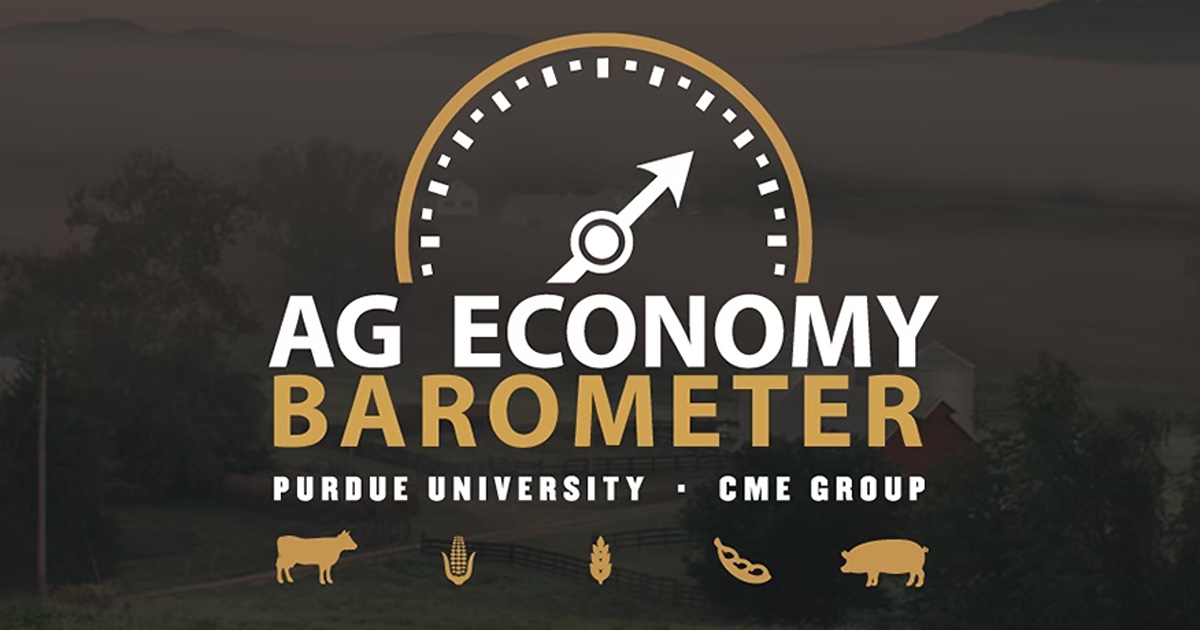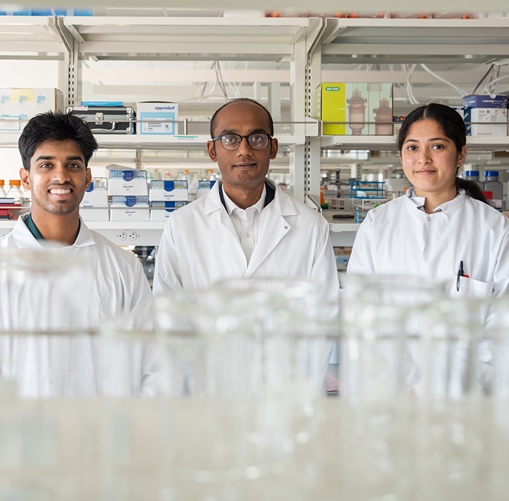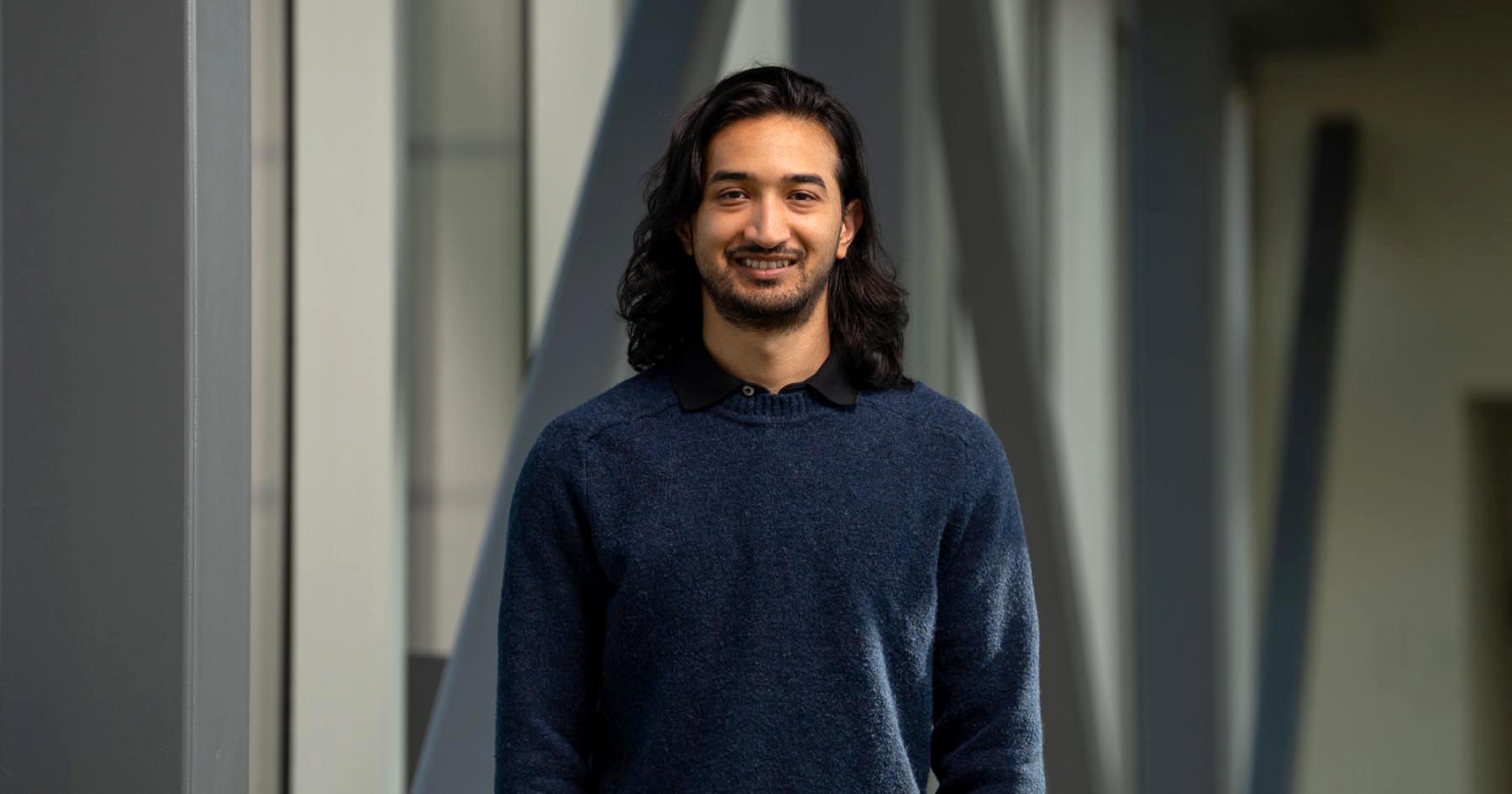Emmanuel Cooper - Graduate Ag Research Spotlight
My main goal that drives me is to be able to find solutions — to tell growers and farmers, ‘you can try doing this to improve your yield.
- Emmanuel Cooper, MS student, Department of Horticulture and Landscape Architecture
The student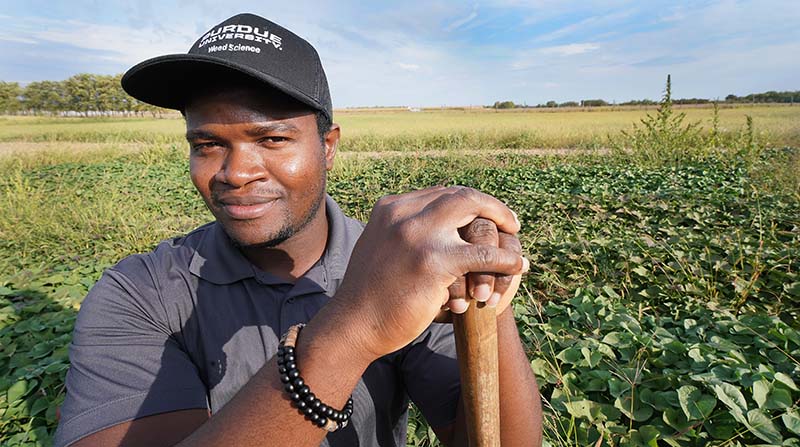
Although Emmanuel Cooper’s father planted bananas and fruits for the family’s enjoyment at their home in Monrovia, Liberia, Emmanuel’s exposure to agriculture was mainly on his uncle’s farm, which produced rice and cassava and other vegetable crops. His uncle, a deputy minister of agriculture, encouraged Cooper to think about the field’s importance. That interest took him to the University of Liberia, where he completed his freshman year in agricultural science and forestry. During his first semester, a recruiter from EARTH University in Costa Rica sparked Cooper’s interest in a more hands-on, practical program. He received a full scholarship to the university, starting with three months of intensive language instruction. “It was really rough for the first semester,” he recalls of his classes. “Now I’m proud Spanish speaker.” After graduating in agronomic science in 2015, he returned to his home country as an agronomist specialist with USAID’s Liberia Agribusiness Development Activity for the next three years. He then went to Pure Beauty Farms in Miami as an assistant grower of ornamental plants. Cooper’s varied work experience helped solidify his interest in weed science, and the College of Agriculture’s high ranking drew him to the lab of Stephen Meyers, assistant professor of horticulture, in January 2022.
THE RESEARCH
While chemical herbicides for sweetpotatoes have been studied extensively, far less research has been done on weed management in organic sweetpotato production, Cooper says. His work focuses on cultural weed management practices. He has studied the tolerance of different cultivars to weed interference in tandem with different weed-free timings — weeding only to a certain point in the growing cycle where the crops’ own competitive abilities take over; reducing in-row spacing to increase sweetpotato planting density and yield while preventing weed emergence; and using cover crops in between-row spaces. In a smaller greenhouse project, he also is looking at natural suppression of common purslane and redroot pigweed by five unique sweetpotato cultivars. “Sweetpotatoes are a major nutritional crop,” he says. “In Liberia, weeds are the number-one pest and result in yield loss for farmers. To come up with findings that would have impact globally, for me that’s the key.”
opportunities
Cooper credits Meyers with providing opportunities to meet farmers one on one through Extension programs — “to talk to the growers that really need this information,” Cooper says. “He’s more than just an advisor to me; he’s a mentor, willing to go the extra mile for his students.” Cooper was selected to attend the Corteva Agriscience Developing Emerging Leaders and Talent in Agriculture’ (DELTA) symposium in August 2023, and received its award for outstanding poster presentation. “This program was mind-blowing,” he says. “It opened me up to how I could impact growers across the globe.” He also landed an internship in weed resistance with Corteva in Iowa next summer, and appreciates how his advisor and department are supporting it.
future plans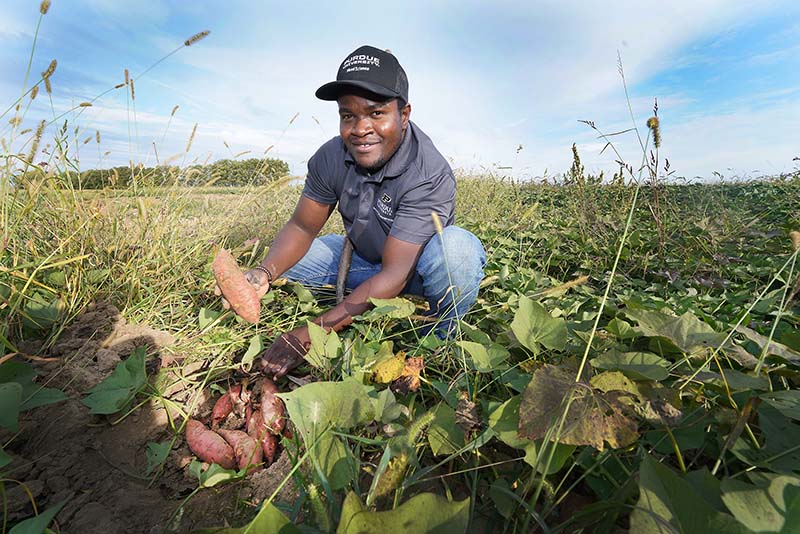
The internship will delay Cooper’s receiving his master’s degree until August 2024, but he hopes the experience he gains will help him land a job in industry. He may pursue a PhD in the future, he says. Outside of his academic work, he is an avid soccer player who practices weekly with a group of students, faculty and staff on a field near the CoRec. Cooper estimates that 60 to 70 percent of the self-organized group is from Africa, where football (soccer) is the most popular sport.

